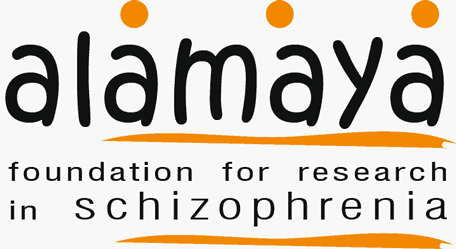Clinical investigations have been conducted in a cohort of young patients suffering from a first psychotic episode in order to corroborate the presence of biological markers observed in chronic patients. In the future, the goals are to:
- Consolidate achieved results in a larger number of patients;
- Extend the study to a cohort of young people at risk (At Risk Mental State) to explore whether markers previously identified in young psychotic patients are also present in individuals with a high risk to develop the disease, and whether these markers are stable or undergo changes during the prodromal phase (heralding phase of the disease).
The main questions are:
- Are the phenomena which have been well documented in the chronic phase also present at the onset of the disease?
- Are there specific phenomena linked to the various phases of the disease, which could serve as biological markers and therapeutic targets?
- Which mechanisms underlie the modifications in the brain structure?
The exploration of neurobiological markers thus represents a key axis of the program conducted by the Unit for Research in Schizophrenia (URS); it is aimed at the following objectives:
- the early identification of at risk individuals;
- the definition of the various stages of the disease;
- the assessment of illness progression;
- the development of new therapeutic tools;
- the development of preventive measures.
In parallel, innovative means of intervention have to be found to treat and protect individuals affected by the risks identified thanks to the markers; the URS strives in particular to identify new molecules with a direct impact on the neurons disturbed by oxidative stress, and more efficient than N-acetyl-cysteine (NAC), which insufficiently crosses the blood brain barrier. The efficiency of these molecules will be tested in the animal model, and subsequently in clinical trials.



